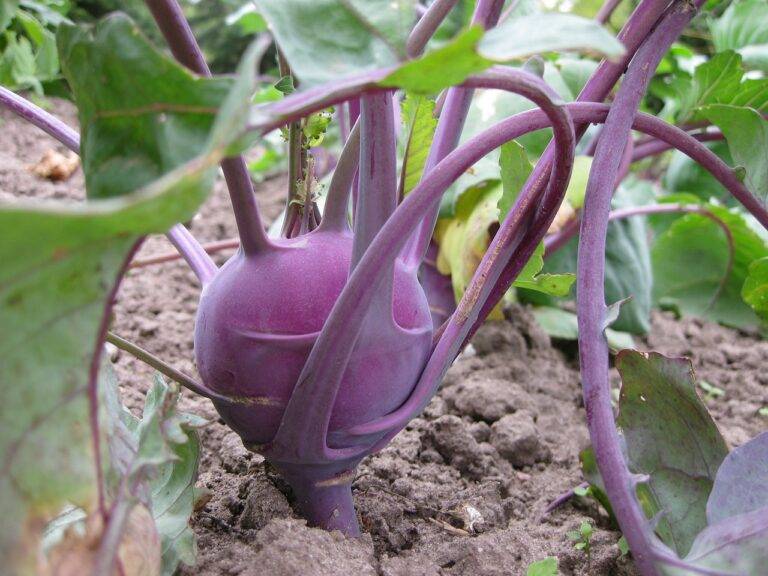Exploring the Rise of Food Cooperatives: Empowering Local Communities
Food cooperatives have a rich history dating back to the 19th century when groups of like-minded individuals joined forces to purchase food in bulk and share the costs amongst themselves. This cooperative model allowed members to access affordable, high-quality food that they may not have been able to afford individually. As industrialization and urbanization took hold, food cooperatives flourished as a means for communities to support each other and gain greater control over their food supply.
Throughout the 20th century, food cooperatives continued to grow in popularity, with an increasing emphasis on organic and locally sourced products. The cooperative movement gained momentum during times of economic hardship, as communities banded together to create a more sustainable and equitable food system. Today, food cooperatives remain an integral part of many communities, providing not only access to fresh and healthy food but also a sense of belonging and empowerment for members.
The Benefits of Food Cooperatives for Local Communities
When it comes to local communities, food cooperatives play a vital role in promoting access to fresh and healthy food options. By sourcing products from local farmers and producers, food cooperatives help support the local economy and reduce the carbon footprint associated with transporting goods over long distances. This not only benefits the environment but also fosters a sense of community pride and connection among residents.
In addition to providing a more sustainable food sourcing option, food cooperatives often offer educational programs and workshops to help community members learn about sustainable farming practices, cooking techniques, and nutrition. This empowers individuals to make informed choices about the food they consume, leading to better overall health outcomes for the community as a whole. By fostering a collaborative and supportive environment, food cooperatives contribute to the well-being and resilience of local communities.
• Food cooperatives support the local economy by sourcing products from nearby farmers and producers
• Reducing carbon footprint by minimizing transportation distances for goods
• Fostering community pride and connection among residents through shared food resources
• Educational programs offered by food cooperatives help promote sustainable farming practices, cooking techniques, and nutrition knowledge
• Empowering individuals to make informed choices about their food consumption for better health outcomes
• Creating a collaborative and supportive environment that contributes to the well-being and resilience of local communities.
How Food Cooperatives Help Support Small-Scale Farmers
Food cooperatives play a crucial role in supporting small-scale farmers by providing them with a direct market for their products. These farmers often struggle to compete with larger agricultural operations due to economies of scale and distribution challenges. By partnering with food cooperatives, small-scale farmers gain access to a reliable and local market, ensuring a steady income for their goods.
Furthermore, food cooperatives help small-scale farmers by fostering a sense of community and collaboration. Through these cooperative networks, farmers can share resources, knowledge, and best practices, creating a supportive environment that allows them to thrive. The relationships built within food cooperatives also help small-scale farmers navigate the challenges of farming, from weather disruptions to market fluctuations, strengthening their resilience in the face of adversity.
What is a food cooperative?
A food cooperative is a community-owned grocery store where members collectively purchase food in bulk from local farmers and distributors.
How do food cooperatives support small-scale farmers?
Food cooperatives provide small-scale farmers with a steady market for their products, fair prices, and a supportive community to sell their goods to.
Are food cooperatives only beneficial for farmers?
No, food cooperatives also benefit local communities by providing access to fresh, healthy, and locally sourced food options.
How can I get involved in a food cooperative?
You can become a member of a food cooperative by paying a membership fee and participating in the cooperative’s activities, such as volunteering or attending member meetings.







